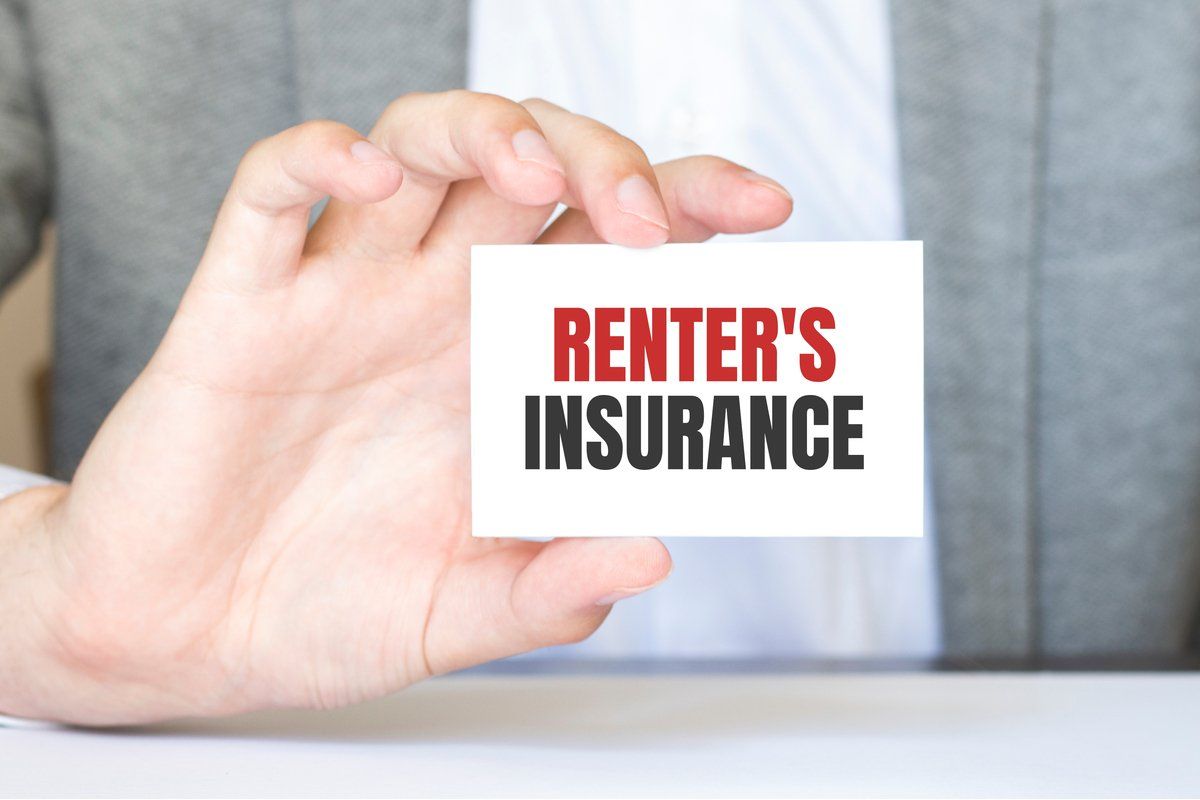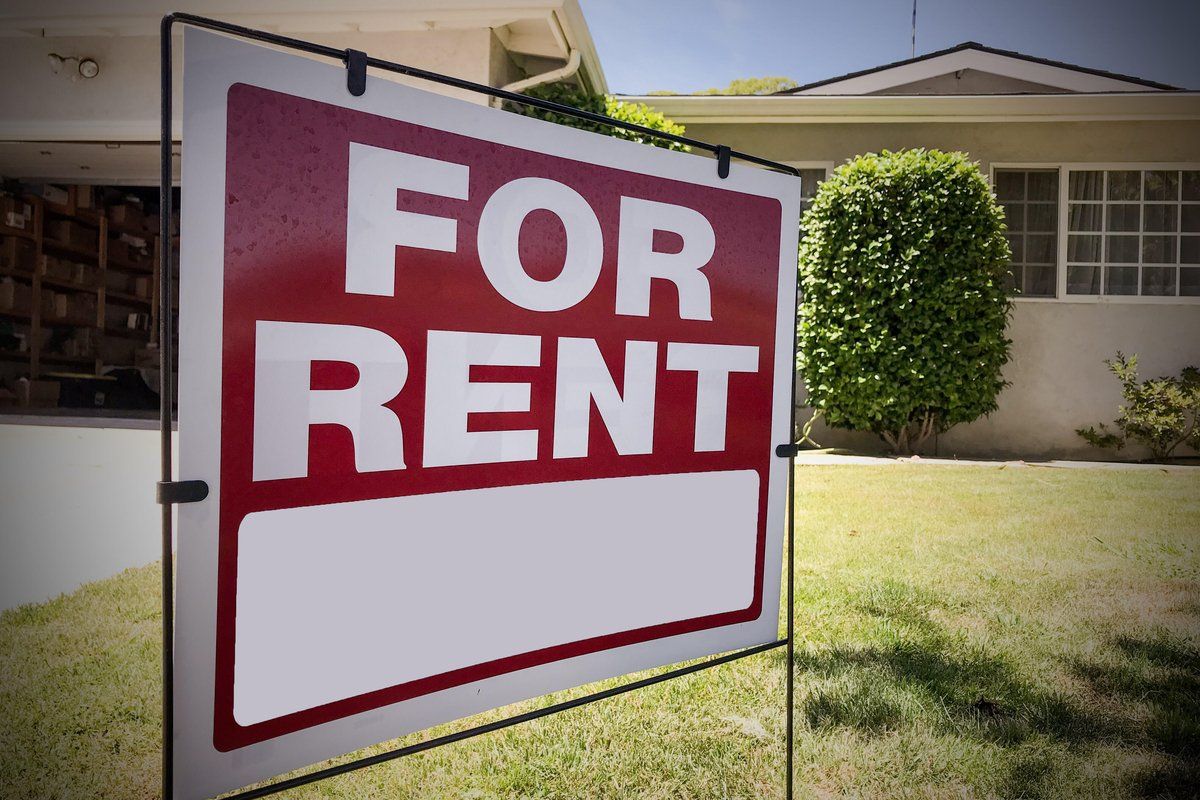Importance Of Tenant Screening
Matthew Tierce • February 11, 2021

Screening a tenant is vital because of the risks associated with renting your property. Avoiding late payment, non-payment, and property damage is a significant priority for a successful landlord. Evictions can be stressful and expensive, and the goal is to avoid them. When screening a prospective tenant, it’s important to pay attention to factors such as the tenant’s income, references, credit history, prior evictions, and criminal history.
Income
Evictions can be costly and stressful processes. Landlords need to make sure that a tenant can afford their rent by verifying their income. A good rule of thumb is that a tenant should make three times the cost of their rental property. Verifying income can involve contacting employers, examining pay stubs and W2 forms. It can become more challenging to verify the income of self-employed tenants.
References
When checking references, we first need to determine if the tenant is telling the truth. Is there income reporting accurate? A landlord also needs to know about the prospective tenant’s rental history. Checking references
can answer questions about the tenant’s history of paying on time, property damage, and being a good neighbor.
Credit History
The information found through a satisfactory credit check can speak to the tenant’s responsibility level. Poor credit might show that the person has been late or delinquent in paying rent or bills, involved in lawsuits, or hasn’t been financially active. We can also use a credit record to understand the tenant’s spending habits, which helps determine if they will be able to pay their rent in full and promptly. Safely using a credit report to decide if you will allow a person to rent your property involves understanding discrimination laws. This is an excellent reason to be knowledgeable about local laws or hire a property management company.
Evictions
Generally speaking, evictions remain in rental records for seven years. Eviction history is public record, and checking it is a different process from checking credit history. People have a pattern of relevant behaviors, and you certainly should pay attention if someone has been evicted multiple times. This could mean that they did damage to the property or simply didn’t pay. Considering that eviction can be stressful and costly for landlords, it usually happened because of a significant and persistent problem.
Criminal History
When evaluating a prospective tenant’s criminal history, considerations must be made. First, determine whether the criminal history is relevant. Could it impact your property or your other tenants? It is important to know if the tenant has maintained a good renting history after the conviction and made rehabilitation efforts. Landlords must use consistent practices to avoid being accused of using discriminatory practices. Some cities limit a landlord’s ability to reject a tenant based on criminal history, so it’s important to understand the laws.
At Valley Insured Property Management, we understand the importance of tenant screening. We also understand the law and how to use the information obtained to make the best decisions about your property rental. As an industry leader in the High Desert Region for 30 years, we are committed to providing professional and innovative property management services
to the community.
Share this post

Renting an apartment could be the best option for you if you’re not ready or don’t have the mindset to become a homeowner. Renting instead of buying a home is perhaps the most practical choice for you to make according to your financial situation. Living in an apartment provides you with so many advantages. Some of these include having access to amenities, not paying maintenance fees, repair bills, or real estate taxes. Apartments are also convenient because you have the flexibility to live anywhere you desire. As a renter, you have the opportunity to move as often as you like to find the ideal place. Here are a few things you should consider when you’re searching for the right apartment for your family. The Price Are you satisfied with the rent you have to pay? Can you commit to this price on a monthly basis? You should never be in a rush to choose the first apartment that you come across. Make sure you take the time to read through the lease to determine if you should choose the apartment and if you’re getting a fair price. You must also go over the terms and conditions of the lease with your landlord. The Neighborhood Ensure the quality of the neighborhood before you decide to sign the lease. Consider these factors when you’re checking out the neighborhood. safety street lighting noise levels nearby parks type of restaurants in the area quality of schools and malls emergency services You can also interact with the neighbors in the area to gain more insight. The neighborhood you choose should align with your lifestyle, which helps to prevent inconveniences and for you to feel comfortable. Pet Policy If you’re a pet owner, you should find out about the pet policy for the place you want to rent. You could be charged a deposit if pets are allowed at the apartment. Get Help From a Property Management Company Before you sign on the dotted line, focus on these tips when you’re on the search for a quality apartment that you will enjoy. Creating a list of the specific things you’re looking for makes it so much easier for you to spend less time finding an apartment. You also have the advantage to rely on experienced and knowledgeable professionals to help you find a place. If you’re thinking about moving into a rental home, reach out to us at Valley Insured Property Management Inc. for more information.

If you rent the home in which you live, it is most likely covered for insurance by the property owner or property management company . However, you may still want to invest in renter’s insurance to ensure your personal belongings are protected as a tenant . Some people wonder if renter’s insurance is an unnecessary expense, and determining if the investment is suitable for you will depend on your particular circumstances. Renter’s insurance protects you and your belongings in the case of inevitable tragedies such as burglaries resulting in significant theft or medical coverage of someone else who is injured in your rental home. While conducting thorough research into renter’s insurance policies is advised before making your decision, here are some of the significant benefits of the coverage to know about. Third-Party Liability Coverage of third-party liability is one of the main reasons people invest in renter’s insurance. When people visit your home, there is a chance that injury could occur for any particular reason. While your landlord’s insurance does not cover these issues, renter’s insurance will. For example, if your friend is injured and his personal property is damaged in the incident, the renter’s insurance would pay for medical expenses and repair of the damaged property. Protection Of Your Valuables In addition to providing third-party liability, renter’s insurance protects your personal belongings against theft and certain types of damage. While all damage to personal property is not typically covered in the policies, damage from flooding or fire and most emergencies that damage your valuable will be covered so you can replace those items. Different Renter’s Insurances Offer Different Coverages As in any other type of insurance, not all renter’s insurance policies are created equally. You must understand your choices before you sign on the bottom line. Some policies may cover just your personal property while others may only cover third-party liability, and still, others may combine both in their coverage. You may also want to consider opting for inflation coverage so that you can cover the value of your belongings at the rate of inflation. Shop around to determine which renter’s insurance policy is best for you. Renter’s Insurance Limitations You should be aware that many renter’s insurances policies limit the amount of money you can receive for replacement or loss of valuable items. Such items could include antiques, jewelry, artwork, and technology. Make sure you read the policy’s fine print carefully before signing it to ensure you are fully aware of what you are purchasing.




